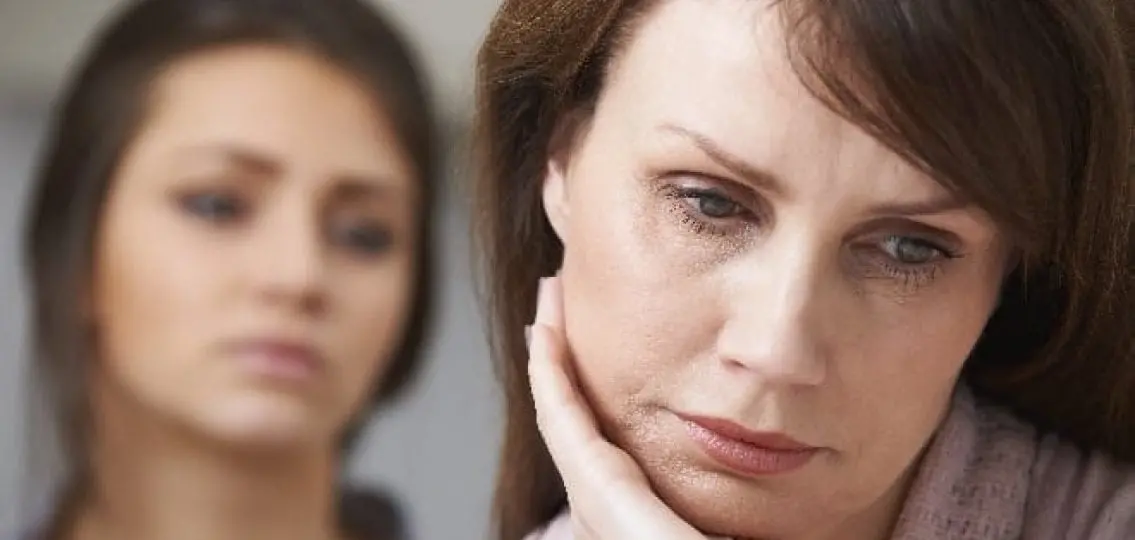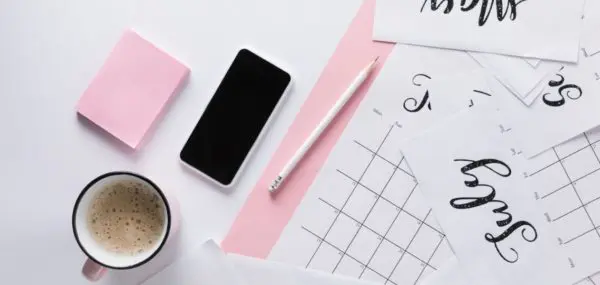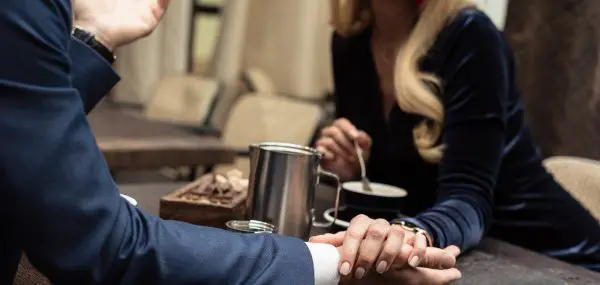Our oldest daughter has spent the past year moving through the agony of dismantling, disconnecting, and recovering from one of those whirlwind movie-like romances that only actually survive in the movies. They burn red-hot with excitement right up until the part where they explode in a fiery mass that scatters debris for miles.
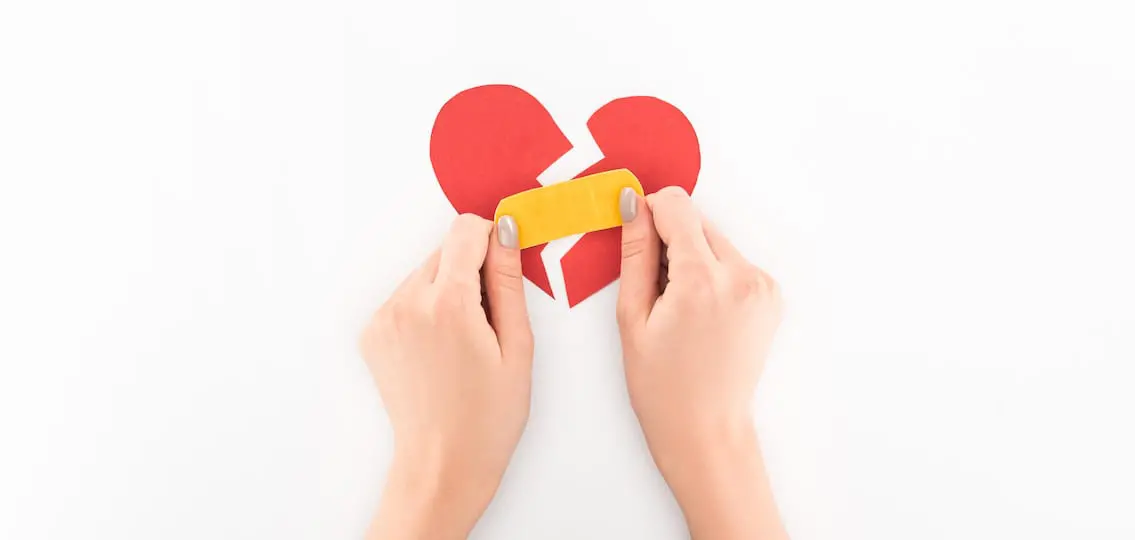
As with many relationship breakups, we all knew it was coming and there was nothing we could do. We are all still coughing up smoke months later.
We spent countless hours listening to, coaching, holding, and even attempting to fix our broken girl. Then I decided instead to be open to learning from a situation that I had no control over.
The lesson that showed up, again and again, was the importance of showing our children how to do endings.
How to do them with honesty, compassion, and courage. How to care for themselves, and also care for the other person. We, as humans, have the capacity to do those things if we know how if we are shown that they matter. As author Rob Bell says, “Endings can either be a graduation or a divorce.” This one was like a bitter divorce.
For most of my life, the way I did endings was nothing short of a disaster. I learned this as a product of my parents’ divorce. My parents didn’t fight in front of me and they didn’t talk badly about each other. They smiled and made conversation during drop-offs and pick-ups. This saved me from scars that many other kids of divorce have had to endure.
But what they also didn’t do in front of me was truly care for one another. They were not loving and kind and inquisitive and vulnerable. There wasn’t a bad relationship; there was no relationship. Outside of discussing me, there was no discussion.
I’m not beating up on my parents or trying to single out divorced parents. Anyone can teach their kids how to do endings poorly. My parents did their best to shield me from their own feelings of pain, heartache, anger, and discomfort. Shielding, though, didn’t teach me how to move gracefully through those same emotions as I got older.
I never learned how to have compassion for someone I also wanted to strangle.
What I have learned as an adult is that our children are watching. They watch how we deal with relationship breakups of our own, with feelings of betrayal and disappointment. They pay attention to see how we respond when the chips are down. And our kids notice how we treat the people who have wronged us. We have a responsibility to set the tone.
Just recently, my three teenage daughters watched very closely as I went through a relationship breakup. They saw a trusted friend and business partner let me down. They held their breath in anticipation of the words that would follow after I broke the news. I saw them wait for my indirect cues to tell them how to feel—about the situation and about a close family friend. They have warm memories of this person with whom they vacationed as little kids in arm floaties clinging to the side of the pool. For our families, this 17-year relationship would be a divorce.
It was a crisis for me, and so it became one for our family. I felt their eyes on me and it tugged at something deep inside. Unlike my parents’ divorce or our daughter’s breakup, I had more control over the way this one ended.
I wanted to demonstrate a better way of dealing with something important coming to an end.
I knew they needed to see how to do this one with care and strength and humility. This one needed to feel more resolved and less like an abrupt, cold ending. My children needed to understand so they could draw upon this experience when their own time came.
They saw me struggle with things I’ve never struggled with before. Even though some days I felt deflated inside, they saw me get up and dust myself off and stand for what was right. Some days, I would tell them I was feeling hurt and afraid. But that I knew those feelings would be exchanged for different ones soon. Mostly, they saw me act from a place of strength and dignity. I never used my words to break down the other person, even as we worked with lawyers to disentangle ourselves from the business we’d launched together.
They asked what to say if they ran into him at the store. “Show kindness and respect,” I said, “as you always have.” They asked how to respond to his daughters at school. “This is not between you, this is between us. They’ve done nothing wrong, and neither have you. We will all get to the other side of this. I’m sure they feel weird about it, too. Just keep being kind.”
And I meant those words. I did want all of us to get to the other side of this with as little scarring as possible, just no longer in the same boat.
What we all learned is that endings are just as important as beginnings.
And it’s a whole lot easier to be generous at the beginning of something, when things are exciting and new than it is when things are winding down and not going the way we had hoped or planned.
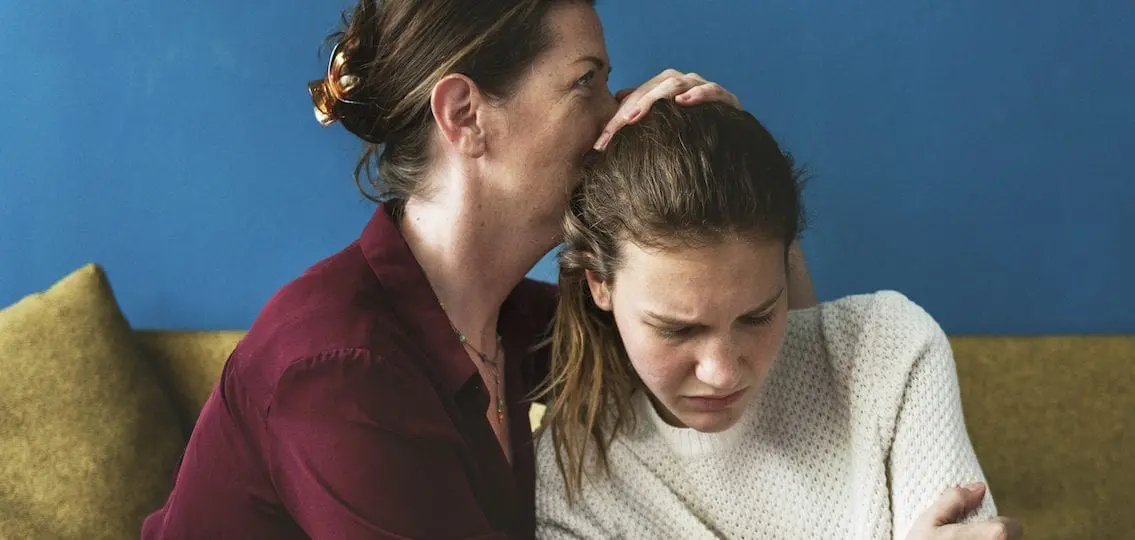
It was a reminder that we have plenty of opportunities to show our kids how to do grand finales with integrity, whether it’s through relationship breakups, career transitions, changing sports teams, you name it; things are beginning and ending in strange ways all the time. The hope is that we can make these transitions more like graduations, even if they take place in the midst of something that feels more like—or actually is—a divorce.
